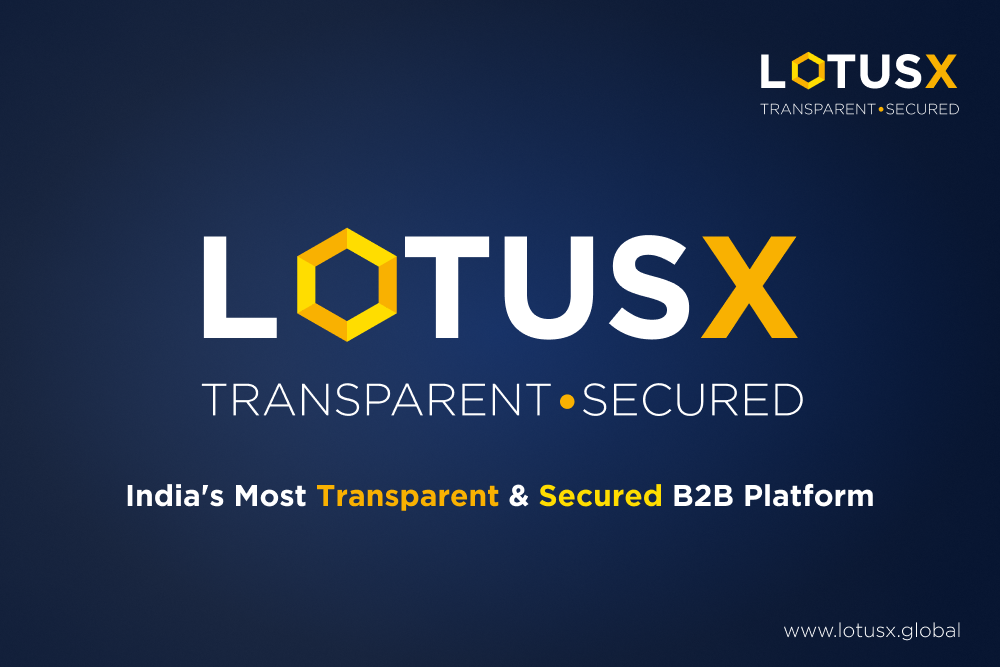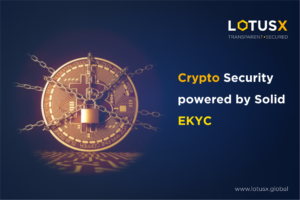Tokenization is digitizing traditional assets, meaning converting assets into digital tokens. This can be used to tokenize real estate, stocks, bonds, and other assets. Tokenization has a major impact on the investing landscape, making it easier to trade and invest in previously non-liquid assets.
Positive Impact of Tokenization
Here are some of the ways tokenization is impacting investing:
- Increased liquidity: Tokenization can increase the liquidity of assets by making them easier to trade. This is because tokenized assets can be traded on decentralized exchanges 24/7, regardless of the time zone or location of the investor.
- Reduced costs: Tokenization can reduce the costs of investing by eliminating the need for intermediaries, such as brokers and custodians. This is because tokenized assets can be traded directly between investors on a peer-to-peer basis.
- Enhanced transparency: Tokenization can enhance the transparency of investing by giving investors real-time access to information about the assets they are investing in. This is because tokenized assets are recorded on a distributed ledger, a secure and transparent database.
- Democratized access: Tokenization can democratize access to investing by making it possible for anyone to invest in assets, regardless of their financial means. This is because tokenized assets can be traded in small denominations, making them affordable for even small investors.
Tokenization is still a relatively new technology, but it could revolutionize investing. As the technology matures, we can expect to see even more innovative ways to use tokenization to improve the investing experience.
Challenges for Tokenization
Here are some of the challenges that tokenization faces:
- Regulation: Tokenization is a relatively new technology, and there is still a lack of regulatory clarity in many jurisdictions. This could make it difficult for tokenized assets to be traded and adopted by mainstream investors.
- Security: Tokenized assets are stored on a distributed, secure database ledger. However, the risk of hacking or fraud pertains.
- Scalability: The blockchain technology that underlies tokenization is still in its early stages of development. This could limit the scalability of tokenized assets, making it difficult to trade them in large volumes.
Despite these challenges, tokenization can revolutionize how we invest. As the technology matures and the regulatory environment becomes more favorable, we expect to see even more innovative ways to use tokenization to improve the investing experience.
How can Tokenization be used Today?
Here are some of the examples of how tokenization is being used in investing today:
- Real estate tokenization: Real estate tokenization converts real estate assets into digital tokens. This can make it easier for investors to buy and sell real estate, as well as to fractionalize ownership of properties.
- Security token offerings (STOs): STOs are a type of tokenized security that offers investors the same rights and benefits as traditional securities. STOs are regulated by securities laws, which can make them more attractive to institutional investors.
- Cryptocurrency Exchanges: Cryptocurrency exchanges allow users to buy, sell, and trade cryptocurrencies. Some cryptocurrency exchanges are also starting to offer tokenized assets, such as stocks and bonds.
- Decentralized finance (DeFi): A financial system developed on blockchain technology is called DeFi or Decentralized Finance. DeFi applications allow users to borrow and invest money without intermediaries. Some DeFi applications are also starting to offer tokenized assets.
Tokenization is a rapidly evolving technology, and it is still too early to say what its full impact on investing will be. However, the potential benefits of tokenization are significant, and it is likely to play a major role in the future of investing.




